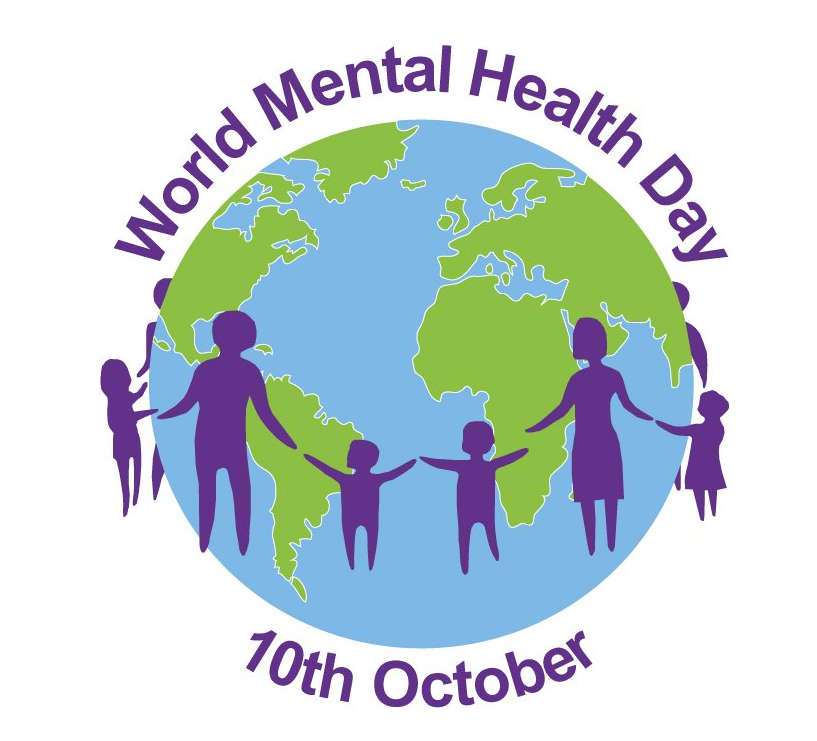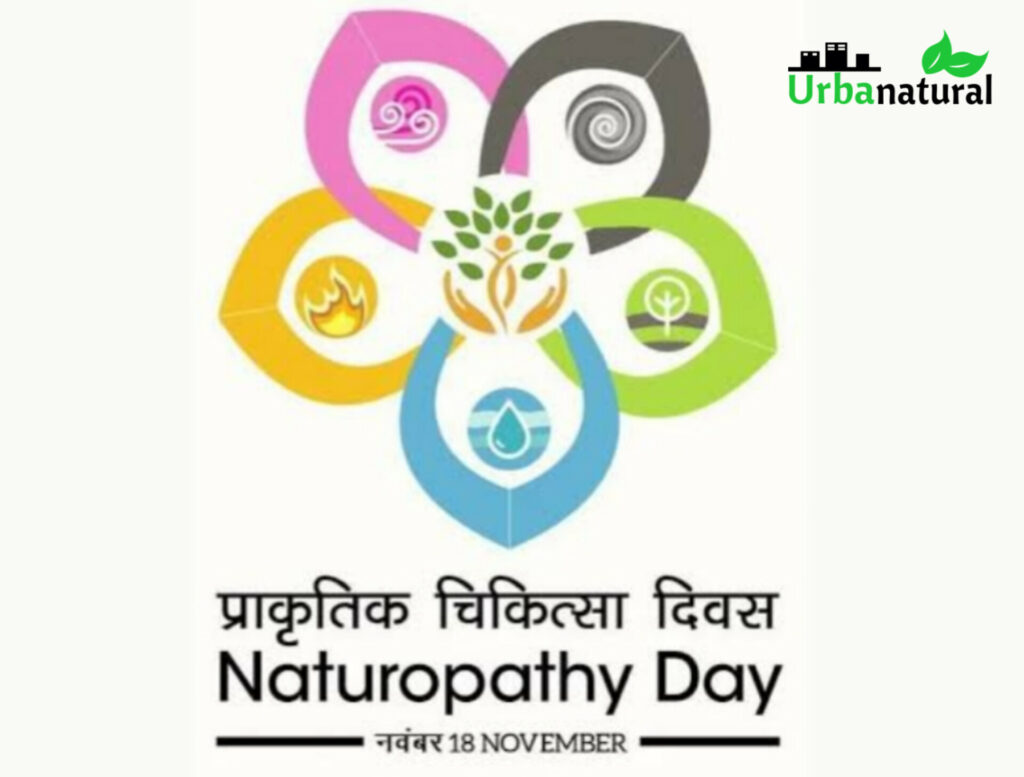World Mental Health Day 2018 is observed on October 10 across the world. The goal of World Mental Health Day is to increase awareness about mental health and the importance of mental health in overall health of a person. On this day, the idea is to empower people suffering from mental health problems and encourage them to open up about it. This year, the theme of World Mental Health Day is “Young people and mental health in a changing world.” World Mental Health Day 2018 theme focuses on the adolescents and the mental health problems that they deal with. According to the World Health Organization, there is now a growing recognition of importance of helping young people build mental resilience at an early age. This helps adolescents cope with challenges of today’s world in a better way.
World Mental Health Day 2018 theme
While many people have an exciting time in their early years of adulthood, for some people this time may cause a lot of stress. If mental health problems among teenagers are not managed and recognized, it can lead to mental illness. Increased use of online technologies among teenagers has led to additional pressures. This is one of the biggest reasons why the young are vulnerable to mental distress and illness.
What’s more is that half of all mental illness begins by the age of 14 and most of these cases go undetected and untreated. Depression is the third most common disease in adolescents, suicide being the second leading cause of death.
World Mental Health Day Significance
On World Mental Health Day, the idea is to build mental resilience from an early age to prevent mental illness among adolescents and young adults. Prevention begins with awareness and gaining better understanding of early warning and signs of mental illnesses. Awareness can primarily be increased in educational institutions like schools and colleges. Schools can also work towards providing children with psychological support. Also, the healthcare professionals need to be trained to detect and manage mental health disorders in a better way.
Governments and people in authority need to work towards getting evidence-based programs for mental health of young people in place. Investments should be made in both the health and education sectors. This will help adolescents and young adults to take care of their mental health and support their friends as well.
Read these five facts and myths about mental illness.
5 Facts about Mental illness
Fact#1: Around 20% of the world’s children and adolescents suffer from mental illness.
Fact#2: India has less than 4,000 psychiatrists to treat mentally ill people.
Fact#3: 7.5% of Indians suffer from mental illness.
Fact#4: Fewer than 10% people receive treatment.
Fact#5: Suicide is the second leading cause of death in 15-29-years-olds in the world.
5 Myths about Mental illness
Myth#1: People with mental illness are psycho, mad, crazy and dangerous- It is inhumane to call them all these names, thus targetting the patients who are suffering from any mental health problem even further. They are normal humans like us. They are already suffering due to the way stress, illness, worries, circumstances have affected the chemicals in their brain negatively. It is a mental health problem that they are battling and just like a physical health problem, this ailment also needs targetted treatment in form of counselling, cognitive behavioural therapy and perhaps medicines if the doctor feels the necessity.
Myth#2: People with mental health problems are weak: Mental illness has nothing to do with willpower or weakness. Do you call a person weak, if he/she got high fever or broken leg? No! In a similar way, mental health problems should not be seen as a sign of weakness, it is a medical condition. It occurs, in fact, after a person has bravely and strongly tried to battle a social or health problem for way too long and is now tired. So if anything, respect their endeavour and accept the need to pitch in to support them when they are now exhausted after a prolonged battle.
Myth#3: Mentally ill people are violent: No, mentally ill people are not always dangerous or violent, in fact they are prone to be a victim of violence. Sometimes, some of them may exhibit impulsive and perhaps violent behavior, but in these bouts of violence, they are more likely to harm themselves than others. So after securing one’s position, a healthy individual should ensure the mentally ill person is not hurtful to himself or herself.
Myth#4: “It is just a phase, everyone gets depressed & you will get through it!”: Sometimes it might be a phase, but not every time. If you feel your friend, any family member or you yourself have symptoms of any mental health problems for more than three weeks then, you should definitely consult a psychiatrist. Not everyone responds to life’s situations or stimuli similarly. Not everyone can handle the same amount of pressure well. So, it is not necessary that everything will pass. Some situations do need the active support of family members or friends. Just be careful not to undermine or ridicule the patient’s angst or condition by saying: “It is just a phase, everyone gets depressed & you will get through it!”
Myth#5: You are too young to get mental health problems: Mental health problems may affect children, the young and the old as well. Age has nothing to do with mental illness. In fact, youth are most prone to get mental health-related problems, WHO says, 20 per cent of the world’s children and adolescents suffer from mental illnesses.
Disclaimer: All information, data and material has been sourced from multiple authors and is for general information and educational purposes only and are not intended to replace the advice of your treating doctor.
The views and nutritional advice expressed are not intended to be a substitute for conventional medical service. If you have a severe medical condition or health concern, see your physician.





